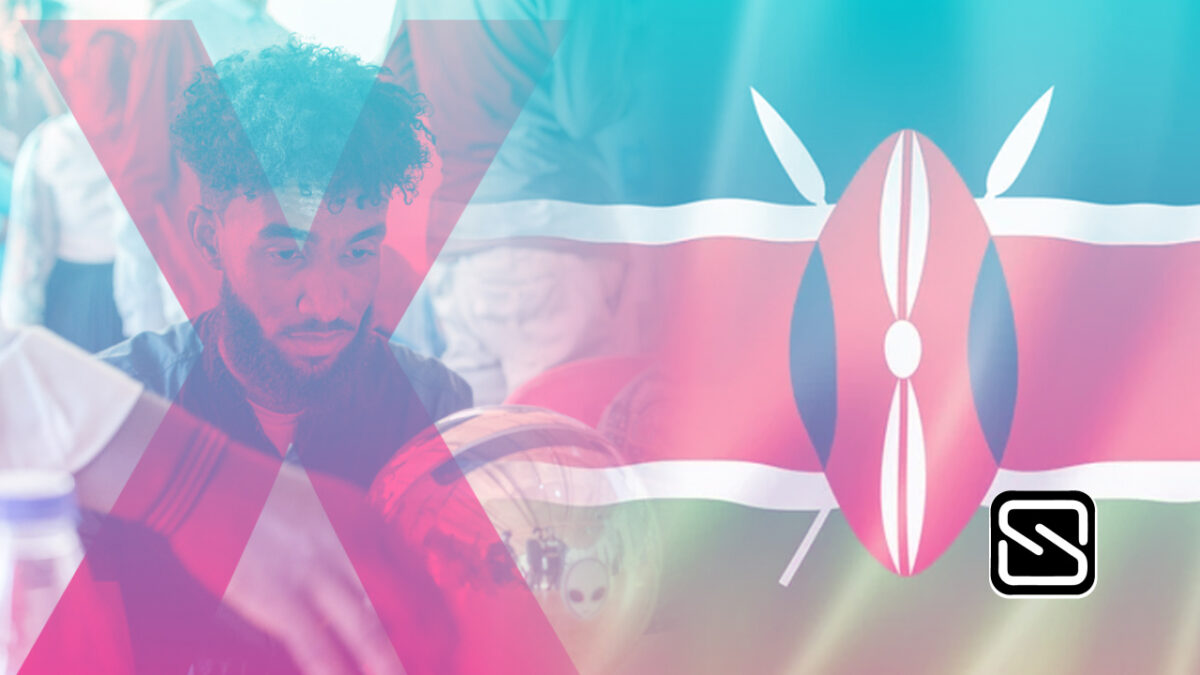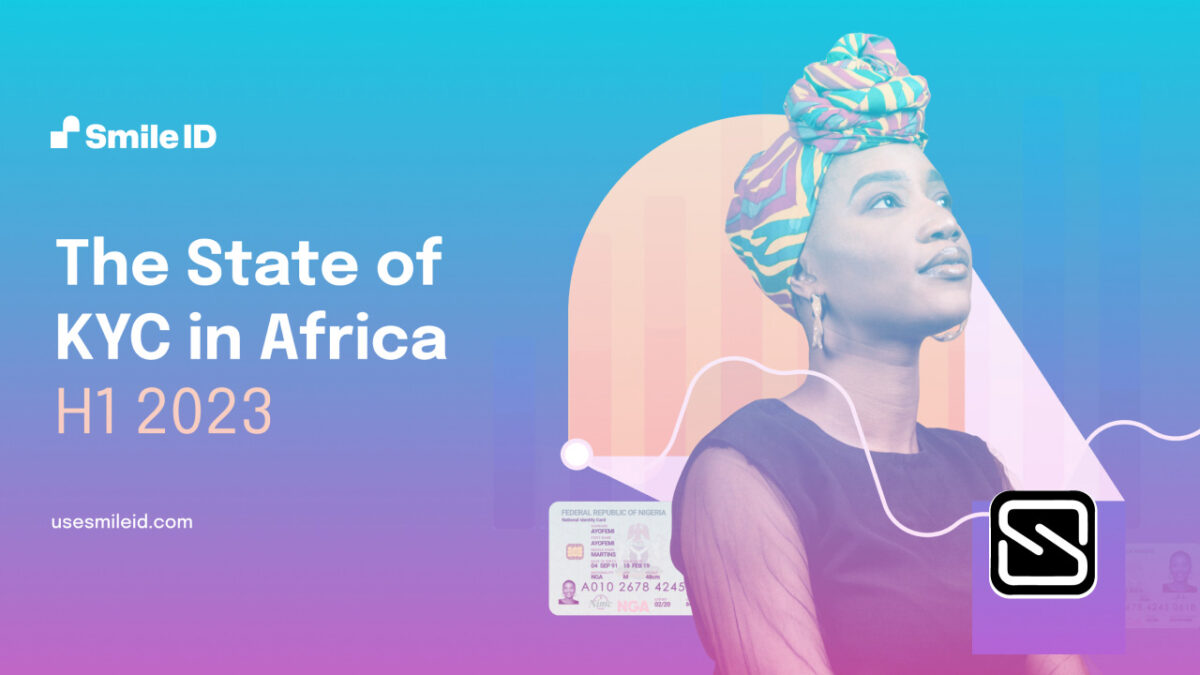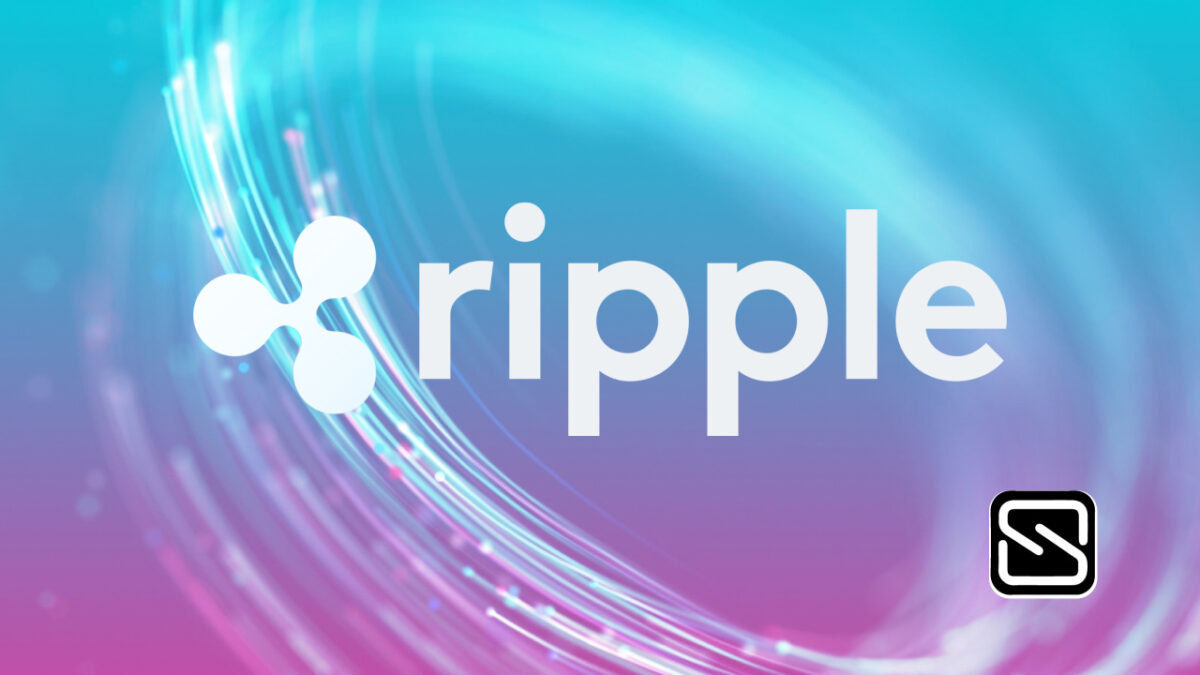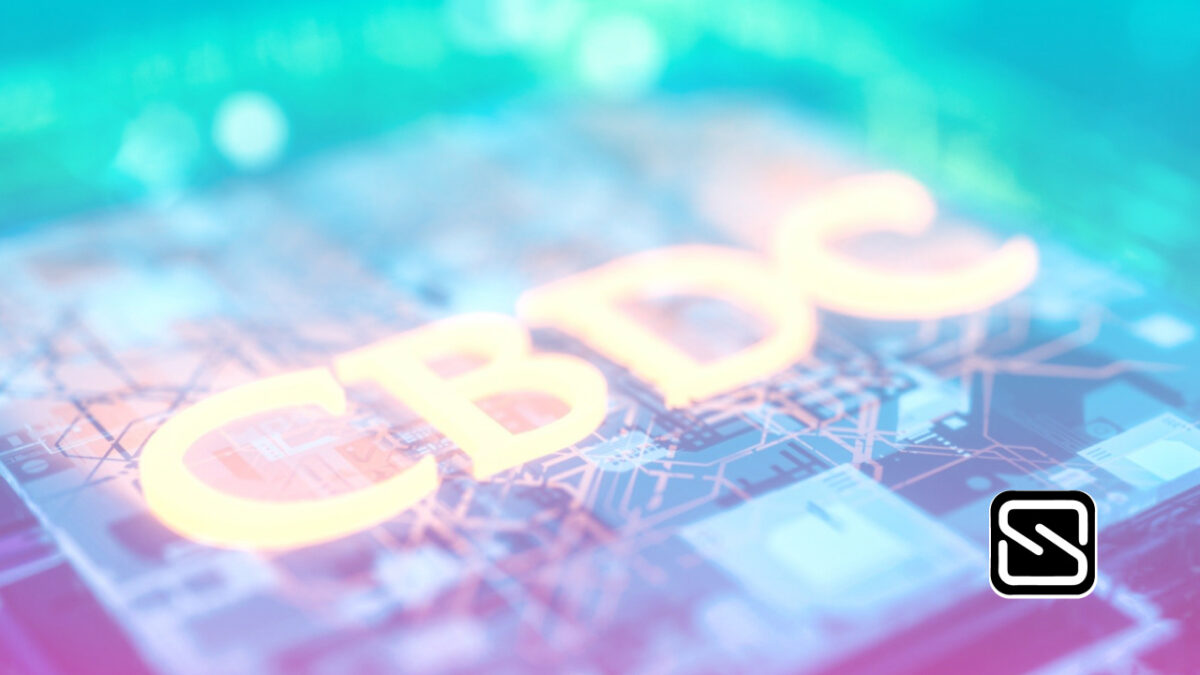In a bid to catalyze Africa’s tech revolution, the eagerly awaited Africa Money and DeFi Summit 2023, backed by Amazon Web Services, Pivo, and Fonbnk, is all set to take center stage in Accra, Ghana, on October 3rd and 4th, 2023.
This upcoming summit, unlike any other, promises to bridge the gap between African fintech and Web3 industries and global players, sparking discussions on the latest trends, challenges, and opportunities that lie ahead in this dynamic landscape. The summit is also bringing together industry experts, investors, regulators (including the esteemed Bank of Ghana), and visionary innovators, all with one shared goal – to steer Africa toward a digital future. At the heart of the summit lies a strong focus on nurturing collaborations and attracting investments, unlocking the true potential of technology for the continent.
Africa has been garnering global attention as the world’s fastest adopter of blockchain technology. A recent report by PwC & Emurgo Africa in 2023 highlighted the remarkable pace of blockchain adoption across the continent. With a staggering 1,668 percent increase in blockchain funding in 2022, African countries like Kenya, Nigeria, and South Africa are leading the charge. The numbers speak volumes: funding soared from $5.165 million in 2021 to an impressive $91 million in 2022.
This year’s event is capitalizing on the fast blockchain adoption by diving into a broad spectrum of topics ranging from fintech and Web3 to regenerative finance (ReFi), cryptocurrency, insurtech, and cybersecurity, the summit will offer an unrivaled opportunity to gain invaluable insights into the rapidly evolving landscape of Africa’s digital transformation.
The Africa Money and DeFi summit has an extraordinary lineup of keynote speakers, who will inspire, challenge, and set the tone for the summit. Engaging panel discussions will ignite spirited conversations, bringing diverse perspectives to the forefront and fostering a deeper understanding of the vast potential that lies within Africa’s fintech and Web3 spheres. Not just that, masterclass sessions will offer attendees an immersive learning experience, led by seasoned professionals, who are trailblazers in their respective fields. Beyond the enriching discussions and knowledge-sharing, entrepreneurs, investors, and tech enthusiasts from all corners of the globe will converge to connect, collaborate, and forge powerful partnerships that can reshape the future of African tech innovation.
The Summit has already served as a springboard for success, driving impactful collaborations and propelling ventures to new heights. Take, for instance, the inspiring journey of Revio, a South African start-up that seized the opportunity to present its innovative solution at the 2022 edition. As a result of the exposure gained, Revio captured investor interest, securing over 12 client leads and engaging in strategic partnerships.
Investor-ready ventures developing solutions in fintech, DeFi, and Web3 technologies can now apply for the Investment Showcase at Africa Money and DeFi Summit. Companies will have the opportunity to showcase their venture, network with other entrepreneurs, and learn from industry experts in front of an audience of African-focused tech investors. Interested businesses should apply HERE by September 8th, 2023.









